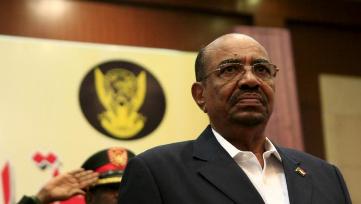Sudan’s dialogue higher coordination body dissolved
December 5, 2016 (KHARTOUM) – Sudan’s Dialogue Higher Coordination Committee known as 7+7 on Monday has dissolved itself and approved the formation of an extended committee to follow up on the implementation of the dialogue outcome, said 7+7 member.

In April 2014, he held roundtable meetings with opposition parties, created the 7+7 committee with some opposition and government-allied parties to oversee the process, and drew up a “roadmap” and timeframe for the national dialogue.
Last October, the political forces participating at the national dialogue concluded the process by signing the national document which includes the general features of a future constitution to be finalized by transitional institutions.
The opposition groups boycotted the process because the government didn’t agree on humanitarian truce with the armed groups and due to its refusal to implement a number of confidence building measures.
According to the 7+7 committee member, Taj al-Din Niyam, a meeting of the committee on Monday decided to set up an extended committee to carry out the recommendations of the dialogue instead of the higher coordination body.
He told Sudan Tribune that a number of political forces would be added to the committee including the Future Forces of Change (FFC) led by Al-Tayeb Mustafa, Umma Party led by Mubarak al-Fadil al-Mahdi and the Alliance of National Forces led by Mustafa Mahmoud.
Niyam expected that a presidential decree to set up the new committee and define its tasks would be issued soon.
He added that the meeting called on the political and armed holdout opposition to join the dialogue and stressed the need to tour the various states to educate the people about the recommendations of the national dialogue.
(ST)
